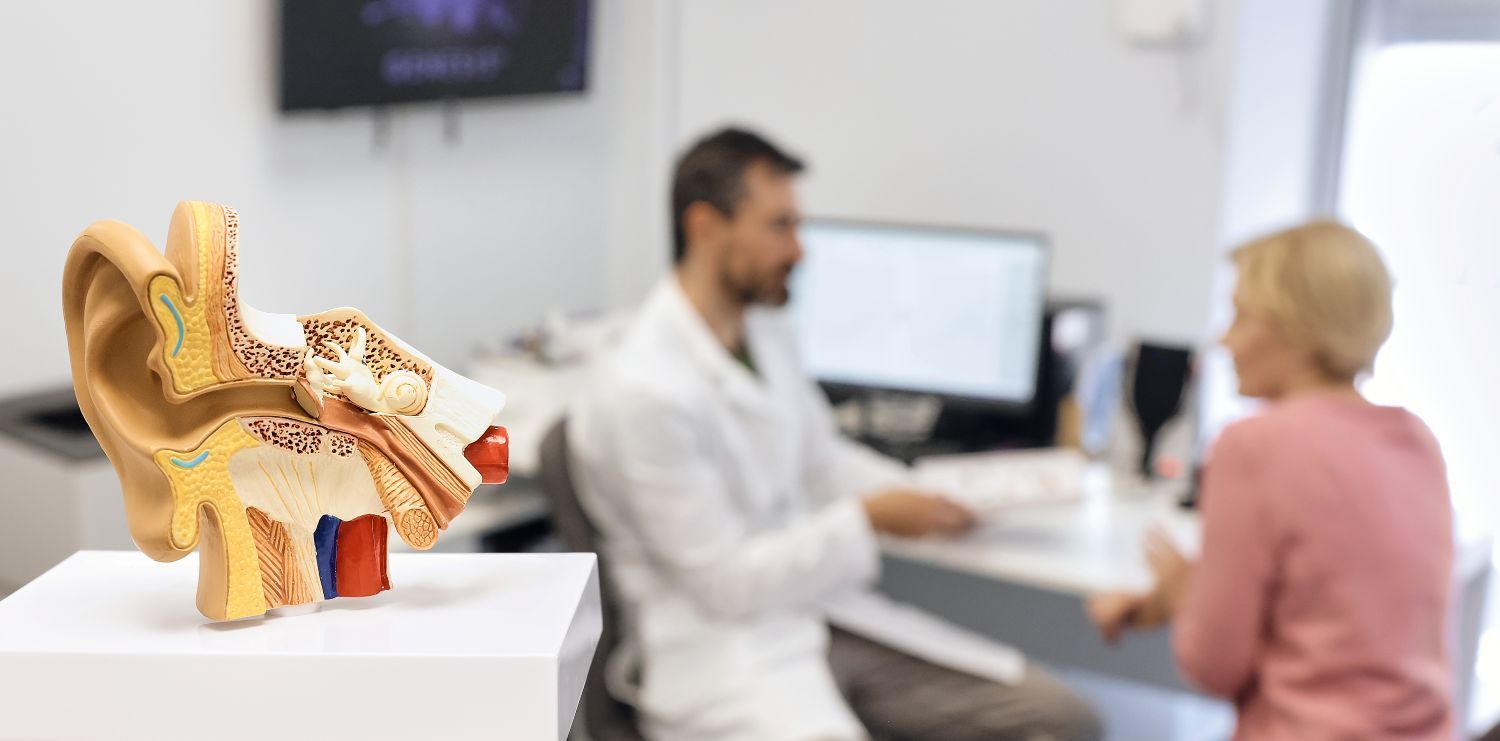Are Sinus Tumors Curable?
Sinus tumors, though relatively rare, can be a concerning diagnosis for anyone. Understanding the nature of these tumors and the available treatment options is crucial for patients and their loved ones. This blog aims to provide clear, accessible information about sinus tumors, their treatment, and prospects for a cure.
What Are Sinus Tumors?
Sinus tumors are abnormal growths that occur in the paranasal sinuses, which are the air-filled spaces around the nasal cavity. These tumors can be benign (non-cancerous) or malignant (cancerous). The most common type of cancerous sinus tumor is squamous cell carcinoma, but other types include melanomas, sarcomas, and inverting papillomas.
Symptoms to Watch For
The symptoms of sinus tumors may resemble those of common sinus issues, making early detection challenging. Key symptoms include:
- Blocked sinuses or congestion that does not clear
- Nosebleeds
- Reduced sense of smell
- Headaches or pain in the sinus areas
- Numbness or pain in the face
- Changes in vision, such as double vision or bulging eye
- Pus draining from the nose or postnasal drip
- Frequent nosebleeds
- Loose teeth or dentures that no longer fit well
If you experience any of these symptoms persistently, consulting an ear, nose and throat (ENT) professional is important.
Causes and Risk Factors of Sinus Tumors
Causes:
The exact cause of sinus tumors is not always clear, but several factors can contribute to their development:
- Genetic Mutations: Changes in the DNA of cells lining the sinuses can lead to uncontrolled cell growth, resulting in tumors.
- Environmental Factors: Long-term exposure to certain environmental pollutants or chemicals, such as wood dust, formaldehyde, or nickel, may increase the risk.
- HPV Infection: Some sinus tumors are linked to infection with the human papillomavirus (HPV), a common virus that can affect cell growth.
Risk Factors:
Several factors can increase the likelihood of developing sinus tumors:
- Age: Sinus tumors are more commonly diagnosed in people over the age of 40.
- Gender: Men are generally at a higher risk than women for developing sinus tumors.
- Occupational Exposure: Jobs involving exposure to dust, chemicals, or fumes, such as woodworking or metalworking, may increase risk.
- Smoking: Tobacco use is a known risk factor for many types of cancer, including those affecting the sinuses.
- Family History: A family history of cancer might increase the risk of developing sinus tumors.
- Chronic Inflammation: Long-standing inflammation in the nasal passages or sinuses can contribute to changes in the cells and increase cancer risk.
Being aware of these causes and risk factors can help in early detection and prevention. If you experience persistent symptoms like nasal congestion, nosebleeds, or facial pain, consider consulting an otolaryngologist or an ENT specialist for further evaluation.
Treatment Options of Sinus Tumors
Treatment for sinus tumors depends on several factors, including the type, size, and location of the tumor, as well as the patient's overall health. Here are some common treatments:
Surgery
Surgery is often the primary treatment for sinus tumors, especially if the tumor is localized and has not spread to other areas. The goal is to remove the tumor while preserving as much normal function as possible. Advances in surgical techniques have improved outcomes significantly.
Radiation Therapy
Radiation therapy may be used as a primary treatment for certain types of sinus tumors, particularly malignant ones. It can also be employed after surgery to eliminate any remaining cancer cells.
Chemotherapy
Chemotherapy may be recommended when the tumor has spread or if it's not possible to remove the tumor completely with surgery. Sometimes, it's combined with radiation therapy to enhance effectiveness.
Targeted Therapy
Targeted therapy is a newer approach that uses drugs designed to specifically target cancer cells while sparing normal cells. This type of treatment can be particularly effective for certain types of tumors with specific genetic mutations. Targeted therapies may be used alone or in combination with other treatments.
Immunotherapy
Immunotherapy harnesses the body’s immune system to fight cancer. This approach can be particularly effective for certain types of malignancies. Immunotherapy may be used in cases where the tumor is resistant to traditional treatments or in advanced stages of the disease.
Nose and Sinus Specialists in Connecticut
While some sinus tumors, particularly benign ones, can often be cured with appropriate treatment, the curability of malignant sinus tumors is more complex and depends on various factors. Early detection and timely intervention can greatly enhance the prognosis. If you or a loved one has been diagnosed with a sinus tumor, don't hesitate to contact ENT Medical and Surgical's fellowship-trained rhinologists. It's crucial to discuss all available treatment options with your ear, nose, and throat specialist to create a personalized treatment plan tailored to your needs.













